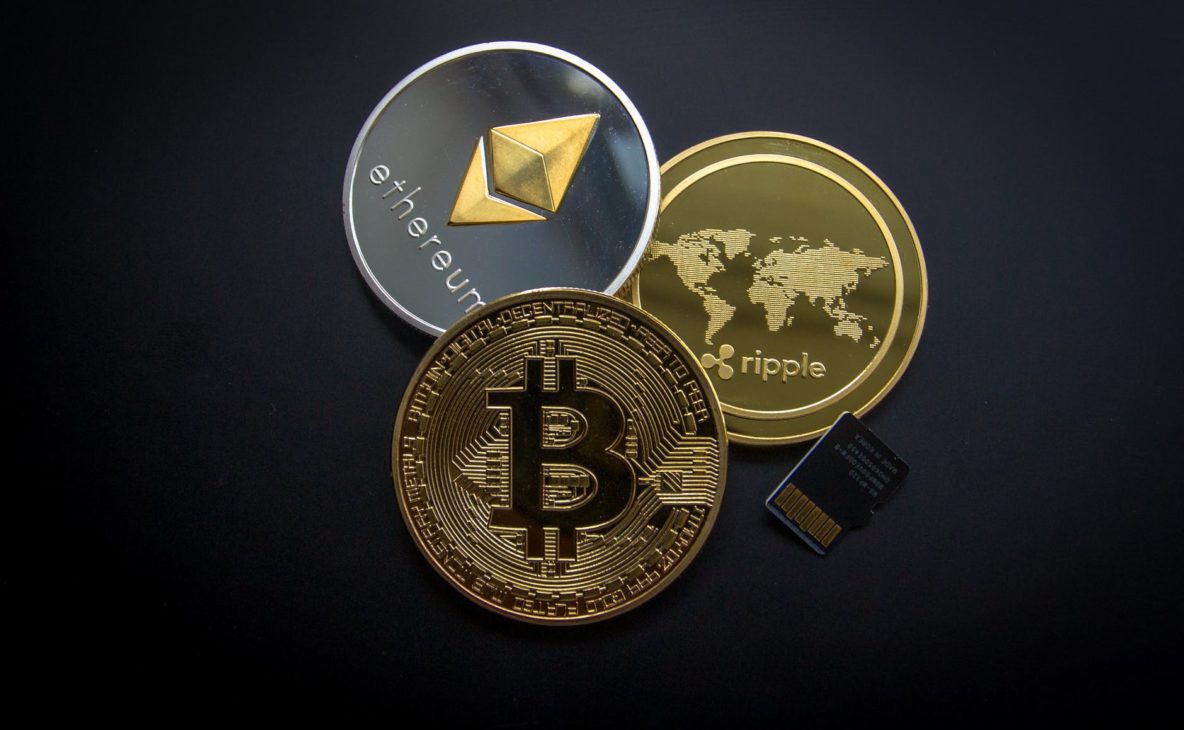Cryptocurrencies are a new technology and concept which the world has not agreed on a universal definition or classification yet, which is only natural as this technology is still evolving rapidly as we speak. Here we shall explore what the world thinks of this new technology that has taken the world by storm.
China
China had been quite cautious when it comes to cryptocurrencies. Last December 2013, their government issued a notice citing that “In terms of nature, Bitcoin is a specific virtual commodity that does not have the legal status equivalent to currency and cannot and should not be used as currency in the market.”
Conversely, they also cited that “[Bitcoin] transactions act as a way of buying and selling goods on the internet’
Four years down the road, the Chinese government became even more cautious to the point that they banned ICOs last September 2017. On the same month, they also banned crypto exchanges and later blocked foreign exchanges. As for the reason, they cited “financial risks”.
Moreover, the People’s Bank of China (PBOC) intends to impose local regulators to examine and control the power use of crypto miners in certain regions of China. It seems that this is detrimental for their people but PBOC states the country may transfer surplus energy to regions of country that have higher electricity demands. A source says these plans were outlined at a closed-door meeting last January 3.
Mining operations still continue but if the power use regulations are enforced, operators could face strict controls on their mining facilities.
Taiwan
Taiwan is known globally as high-tech hub. They are trying to establish themselves as a centre for blockchain businesses and Initial Coin Offerings (ICOs).
In 2013, the FSC and CBT announced that Bitcoin would be classified as a commodity as opposed to being classified as a currency.
In a 2017 article, Taiwan legislator Jason Hsu clarified Taiwan’s viewpoint on ICOs which may be described as “three no-policies”: the Taiwan government does not encourage, not prohibit, and not take responsibility for it. This has been seen as an opportunity to launch ICOs in Taiwan.
Japan
Japan has a different view on crypto. In March 2016, the Payment Services Act recognized cryptocurrencies as money. Nevertheless, their actual definition included in the act labelled cryptocurrency as a “property value” that can be used to buy goods and services, rather than a currency.
South Korea
In South Korea, they see cryptocurrencies as an “asset with measurable value,” a verdict by the nation’s Supreme Court last May 30. They also made an update to AML laws that require crypto exchanges to undertake Customer Due Diligence (CDD) and Enhanced CDD (EDD) measures, something that honors the government’s February promise to help foster the normal trading of cryptocurrencies as assets.
Singapore
Singapore’s views on crypto leaned toward assets rather than money. In August 2017, the Monetary Authority of Singapore (MAS) warned ICOs and crypto exchanges that it has dominion over tokens that fall under the definition of securities. They repeated this warning in September 2017 and also last May to eight exchanges that hadn’t yet registered with it.
Hong Kong
Hong Kong has a similar approach to Singapore, where the Securities and Futures Commission (SFC) claimed last February that it sees cryptocurrencies as securities. In line with this, the SFC declared in their annual report that they will “keep a close watch” on crypto and Initial Coin Offerings (ICO).
Germany
Germany recognized Bitcoin as “private money” since April 2014 and even before that, in August 2013, the finance ministry acknowledged it as a “unit of account”. This made it a financial instrument subject to taxation and requiring companies that trade it to register with the Federal Supervision Authority.
Last February, the government took this further, exempting crypto holders from the tax when they use their coins as a means of payment.
United Kingdom
In the U.K., the government hasn’t meddled much with cryptocurrencies. They don’t categorize them to any pre-existing currencies, commodities, securities or any other financial instrument.
In 2014, the HM Revenue & Customs department cited: "Cryptocurrencies have a unique identity and cannot therefore be directly compared to any other form of investment activity or payment mechanism."
France
Like U.K., France has also delayed applying any specific regulation to cryptocurrencies, while it has been making concerted efforts with Germany to propose crypto international laws or atleast have crypto laws that are international in scope.
Since 2013, the Banque de France has held the retained the position that cryptocurrencies are neither currencies nor a means of payment. However, the Financial Markets Regulator (AMF) ran a public consultation in late 2017 that brought about two categories: utility tokens and security tokens.
Furthermore, crypto traders are subject to taxation on their profits.
Sweden
The Sweden central bank mentioned last March that “[Bitcoins] are not money.” This opposed the preliminary ruling from the Swedish Tax Board last October 2013 when the board stated that
Bitcoin isn’t subject to sales tax when traded, comes under the dominion of Financial Supervisory Authority and should be regarded as currency.
Denmark
In Denmark, the Financial Supervisory Authority made a statement in December 2013 that declared Bitcoin and other cryptos as non-currencies. In March 2014, the Danish central bank issued its own statement upholding this.
In early 2018, the Tax Council ruled in early 2018 that crypto trading profits are taxable, implying that cryptocurrencies are considered as assets.
Netherlands
In the Netherlands, the central bank has stated in a January position paper that “We do not consider cryptos as money; we do see the possibilities of the blockchain technology underlying bitcoin.” They monitor developments in the area and also conduct their own experiments to gain sufficient knowledge of this technology.
However, a Dutch court ruled last March that Bitcoin can be considered a “transferable value,” like property.
Italy
Similar to the Netherlands, the Italina Ministry of Economy and Finance define cryptocurrencies as a “digital representation of value […] used as a tool of exchange for purchasing goods or services.”
Switzerland
Switzerland has generally become a haven for crypto traders and businesses. In 2014, the Swiss Federal government published a report defining cryptocurrencies as assets rather than as currencies or a means of payment. Since then, they have presented many “regulatory simplifications” in order to entice fintech companies.
In November 2017, the regional district of Zug began accepting Ethereum and Bitcoin as payment for municipal services and administration costs. This implies that they effectively view the two most prominent cryptocurrecnies as money.
Last February, the city of Chiasso announced that it would start accepting Bitcoin as payment for tax on amounts up to 250 Swiss Frans.
Want something super cool?
Subscribe to our GFA newsletter and get timely news on Asia business news and investments

